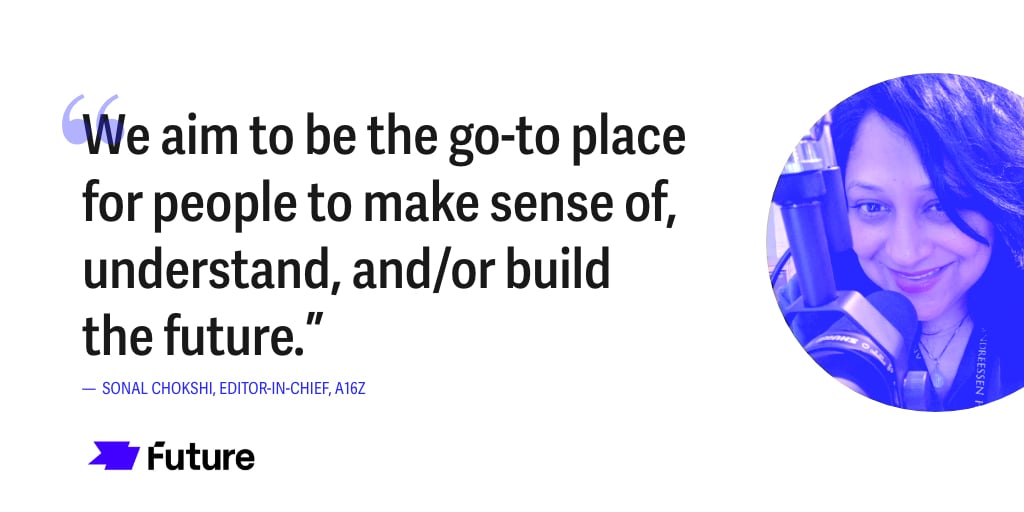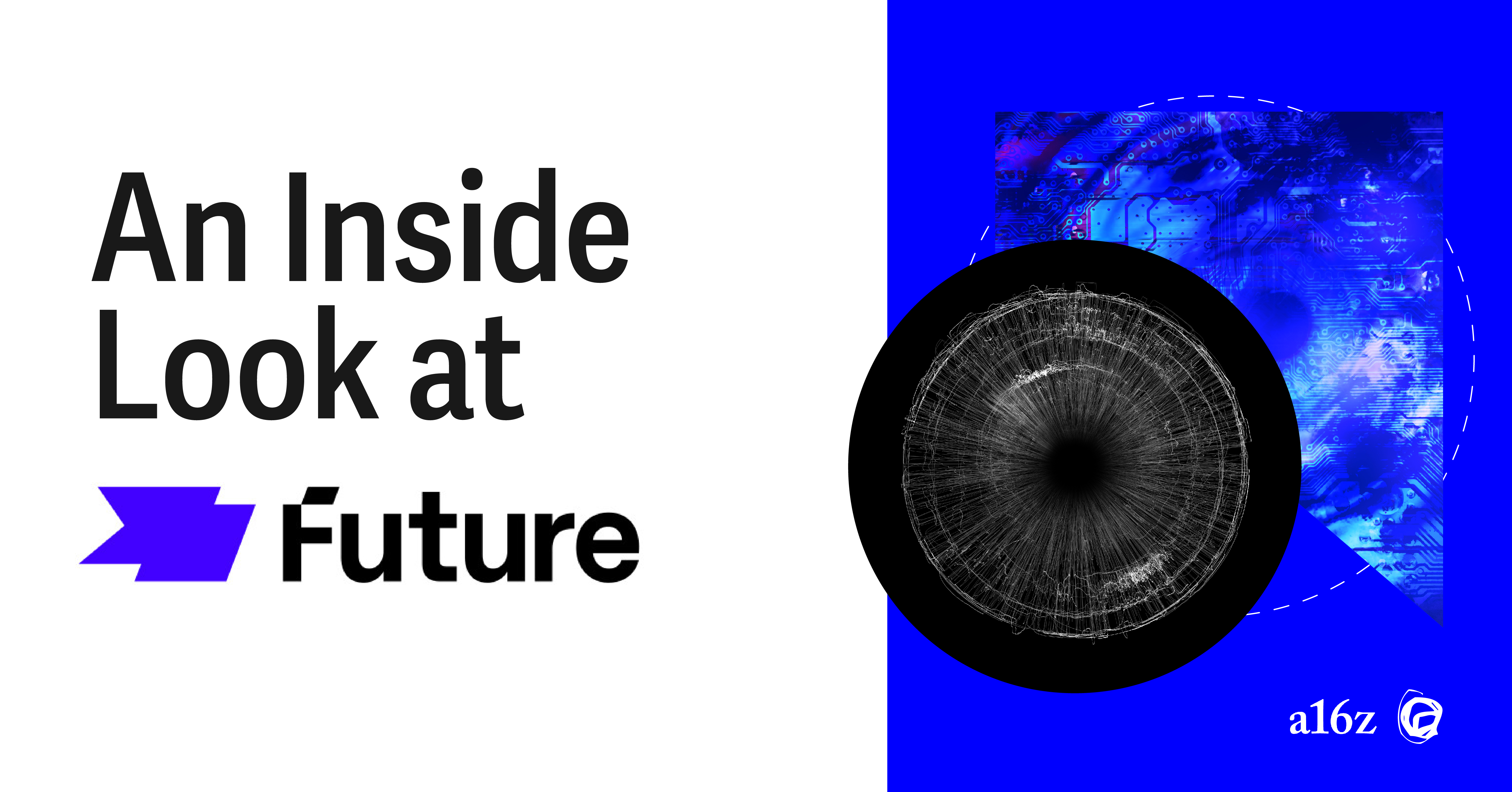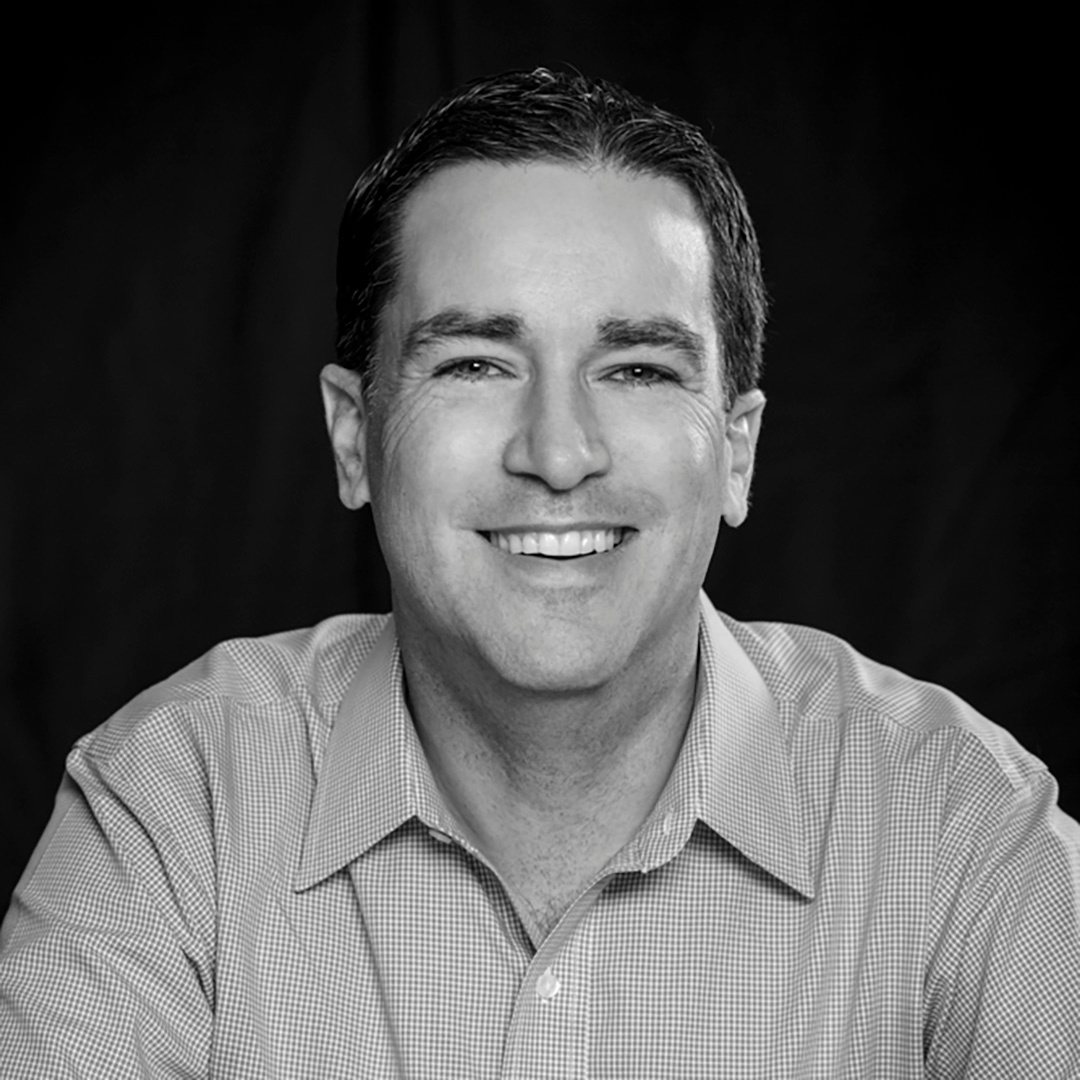Andreessen Horowitz’s Sonal Chokshi on the Launch of Future, Writer Topic Fit and the Firm’s Direct Media Approach (Part 1 of 2)
Aug 23, 2021 Jason Morris
On June 15, Andreessen Horowitz (a16z) launched Future, a direct media property aiming to connect innovation-curious readers with nuanced, insightful content directly from leading experts. Sonal Chokshi, a16z’s editor-in-chief and long-time showrunner of the firm’s podcast network, was kind enough to spend time chatting with me about Future, the role of direct media in the broader media landscape and the competition for attention.
In Part 2, she chatted about what influences helped shape Future, how PR professionals can submit subject matter experts to contribute and her advice for aspiring journalists. Stay tuned for that piece tomorrow.
*The following is an interview that was transcribed from one conversation, and split into two parts and edited for length and readability. 
Q: Sonal, thanks so much for taking the time. It seems like the a16z owned-media universe keeps expanding. Can we start with a quick overview of what you’re doing from an editorial standpoint across different mediums?
Yes, we do have a lot of direct media and that started early on. It started with Marc (Andreessen) and Ben (Horowitz) having very active blogging presences in the early days of blogging. In Ben's case that led to the book he wrote (The Hard Thing about Hard Things). And in Marc's case, when I first joined a16z, I released an ebook of famous Marc blog archives. When I joined, the firm had started an editorial operation, which was doing reported stories, but it became very evident to me that the real value in differentiation in the media ecosystem is around first-person voice.
So we decided, "Let's put the voice emphasis on the expert and direct from the experts, because there are plenty of other people in the immediate ecosystem who already do wonderful reported narratives and other things, but that also dilutes the directness of that nuance and precision." So that's the first thing. And so we started doing both written op-eds from the team, and contributed articles that the a16z team wrote starting with general partners. But I actually expanded it and went beyond the mandate and started getting pieces from others in the company, because I really wanted a variety of perspectives.
And then secondly, the a16z podcast that started about three months before I joined, I took it over and I added outside voices because I wanted to make sure we didn't just do insider-y things. But there's a whole ecosystem of experts, including in our own networks to draw on. And that became a very flagship piece of our editorial voice as a brand because it became very popular. And finally, it also just revealed that people were hungry for just a go-to place to make sense of tech.
Q: Which now brings us to Future. Why Future, why is it relevant today to a larger media landscape? Can you talk a little bit about the goal that you're trying to achieve with it?
Future is initially a website and this is our first drop. But we aim to be the go-to place for people to make sense of, understand, and/or build the future. And we want it to be a place where anyone can come to do this, whether you're a builder already, you're tech curious as we like to say, you get that your world is changing, but you're trying to go to one place to go say, "What is happening? Why is it happening? How is it happening?" If you think about, for example, a topic like AI, or quantum computing, people have been talking about X for ages. I just read this news article. Well, where are we really on this trend? Or, "Hey, people talk a lot about defi, decentralized finance, what is it exactly? And how do I really make sense of it?"
Now, to answer your question about where this fits in the media landscape, there is a tremendous hunger, as I mentioned, for more in depth takes, more nuance. I think people know because readers and listeners are smart, when they're being sold a story one way or the other by whoever has or doesn't have an agenda.
And so first person is a part of it, as well as what I call writer topic fit. We're looking for things where there's a real fit between why this writer fits this topic, WTF for shorthand. And the idea behind that is that you never have to fake it out when you're on the podcast, because you cannot fake credibility or authenticity in voice. So no one can write it for you or ghost write for you. So if you have the true authenticity of being able to embody a topic and write about it for us, even if someone helps you write it, where it's incredibly evident why you're the one writing it because you happen to know that topic better than anyone else, then that's a great place to start.
Q: There's been a lot written about the sometimes adversarial relationship between founders and tech media. To people who might view Future as an end run around traditional media, what would you say?I really empathize with all the builders out there and also really empathize with a lot of the media and PR people in the industry who are in the business of telling people's stories. It's also an incredible art and I really respect it. And I think the whole divisive adversarial dynamic is not how I think about it, or we think about it, I'd say it's more of an "and" than an "or".
But there are people moving to two extremes, like the comment sections, the only people who leave reviews are those that either hate the thing or really love the thing. There's actually a huge majority of people that go to that restaurant over and over and over again without leaving any reviews. I want us to reach that middle. All the people out there who are really hungry for the smart nuanced takes, as I mentioned, who are currently not being served by that adversarial dynamic on one side or another.
Q: That's interesting, and I think you're right, I think there are some folks who want to hear from the experts in their own words and don't want it massaged either through corporate marketing or through the words of a journalist who's trying to interpret it.They just live alongside, they're not necessarily in competition in my view. I will say the competition, however, is for attention, because we do live in a world where you're no longer just competing with other media outlets. You're competing with Netflix, you're competing with gaming, you're competing with apps, you're competing with going outside. There's competition for attention, no question. So we look for a fresh differentiated point of view, making sure people have writer-topic fit, because that's where you make sure the thing you're putting out in the world is actually saying something net-new.
The phrase we use is that we cover leading versus lagging indicators because there's already a place for lagging indicators, which is the things that have happened. What happened yesterday? What happened before? What's in the news?
We're a venture capital firm who has a front row seat to all the things that are coming on the horizon. And for people who can build, there's just an explosion of ideas. So one of the things we do is focus on those leading indicators, as we try to curate a worldview and determine what is signal versus noise on each topic.
But secondly, other people have the institutional knowledge for how to do things like investigative journalism. We're not doing any of that. We don't report news. We do, however, analyze news. For instance, on one of our podcast shows, we put news in context. And some of our op-eds will also be pegged to a news hook. But we try to make sure the content is evergreen and we're leading versus lagging indicators focused. Hence Future. Future.com.
Check back tomorrow for Part 2 of our interview with Sonal Chokshi of a16z.
You can learn more about Future by following a16z on Twitter and visiting Future.com.






